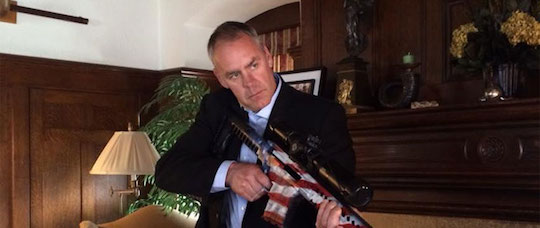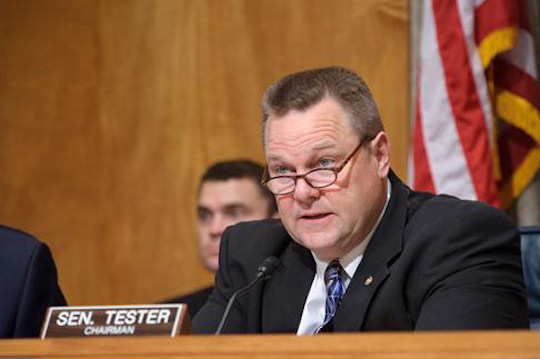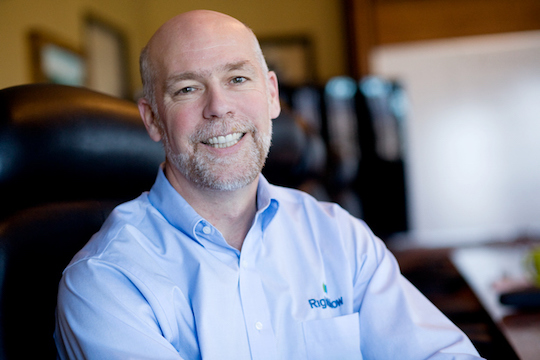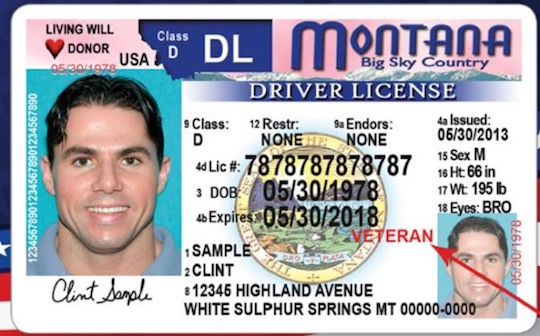Montana’s man in Congress, Representative Ryan Zinke, unleashed a novel argument last week: the President shouldn’t have attended the Paris summit on climate change, because ISIS is the bigger threat. Commander Zinke pestered Secretary of Defense Ash Carter on that subject in a House Armed Services Committee meeting shortly after Thanksgiving.
“We have ISIS, Hezbollah and Al Qaeda, North Korea, an emerging China and Russia. Mr. Secretary, where would you rack and stack global warming with that list?” he asked. Although Carter initially declined to order that list of terrorists, nations, and weather patterns, Commander Zinke pressed on. “Would you agree the imminent threat, the 5-yard, 5-meter threat—the most damaging threat facing us today—would be ISIS, Al Qaeda, Hezbollah and the non-nation state terrorist activities?”
Carter agreed ISIS was the imminent threat, probably because hearing “rack and stack” and “5-meter threat” made him dive into a combat roll and shout “affirmative!” But man, I’m pretty sure another two feet of sea level will dampen us whether they’re beheading apostates in Raqqa or not. And I’m pretty sure the number of people who will starve, steam, or thirst to death in 2080—probably in the billions, if our grandchildren ever meet somebody nice—is more than ISIS could kill with a whole battalion of radicalized health inspectors. But the immediacy of ISIS makes global warming a bullshit problem, as Commander Zinke explained on Facebook:
I agree with President Obama that his climate summit will “send a message” to ISIS. The message is crystal clear: Obama is out of touch, he doesn’t understand the threat of radical Islamic terrorism, he is more concerned about his legacy than anything else, and he is willing to do anything to avoid confronting ISIS head-on.
It was kind of a stretch. I submit that Commander Zinke would rather talk about ISIS than global warming or virtually any other subject because it’s the kind of problem you can shoot at. They are bad and we are good, which makes them easier to discuss than how to get billions of people and dozens of industrialized nations to sacrifice money and comfort on behalf of animals and people who haven’t been born yet. You can read all about it in this week’s column for the Missoula Independent. We’ll be back tomorrow with Friday links!





